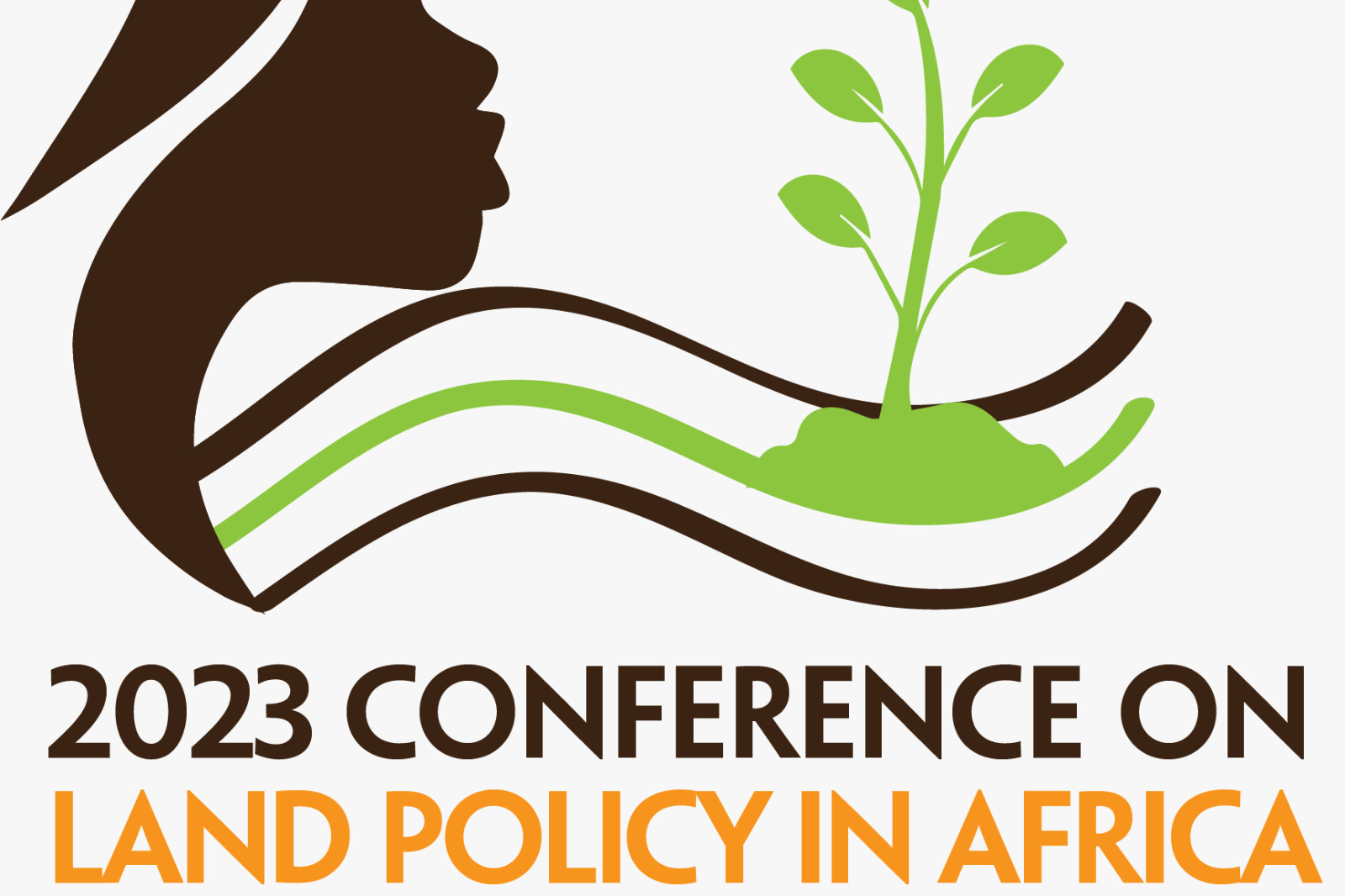|
Getting your Trinity Audio player ready...
|
Writes Baboloki Semele
The stage is set for one of Africa’s most significant gatherings in the field of land policy and governance, the 2023 Conference on Land Policy in Africa. Convened by the tripartite consortium consisting of the African Union Commission (AUC), the African Development Bank (AfDB), and the United Nations Economic Commission for Africa, this pivotal event, scheduled to take place from November 21 to 24, 2023, at the Africa Union Headquarters in Addis Ababa, Ethiopia, carries the theme “Promoting Sustainable Land Governance in Africa for Accelerated Implementation of the African Continental Free Trade Area (AfCFTA).”
According to the event concept note, the Conference on Land Policy in Africa (CLPA) has proved to be a major policy dialogue, information sharing, and learning event, thereby contributing to the implementation of the AU Agenda on Land. The overall goal of the CLPA is to deepen capacity for land policy development, implementation, and monitoring with a specific focus on emerging issues and AU commitments in the land sector through improved access to knowledge and information in support of evidence-based land policy making, showcasing promising practices in the field of land policy and governance and facilitating networking amongst land actors in Africa.
The event will bring together experts, policymakers, and stakeholders from across the continent to chart a course for sustainable land management in the era of the AfCFTA. Land, as a finite and indispensable resource, plays a pivotal role in agricultural productivity, industrial development, and overall economic growth.
The concept noted availed to this publication notes that the choice of the theme for this year’s conference is particularly poignant as it underscores the critical interplay between land governance and the success of the AfCFTA—a historic trade agreement aimed at boosting intra-Africa trade and economic integration. Land, as a finite and indispensable resource, plays a pivotal role in agricultural productivity, industrial development, and overall economic growth.
The theme of the conference further aligns closely with the Malabo Declaration on Accelerated Agricultural Growth and Transformation for Shared Prosperity and Improved Livelihoods—a commitment made by African leaders to harness the potential of agriculture and agribusiness for economic transformation. The Malabo Declaration on accelerated agricultural growth and transformation for shared prosperity and improved livelihoods is a set of goals that were adopted by Heads of State and Government of the African Union in 2014 in Malabo, Equatorial Guinea.
To translate the seven Malabo commitments into results, a call for action was made by the Heads of State and Governments, by calling upon the AU Commission and the NEPAD Planning and Coordinating Agency, in collaboration with partners, to initiate a review process to be conducted on a biennial basis starting 2017, with an objective of tracking, measuring, and reporting progress towards achieving the Malabo Declaration commitments by 2025. Three Biennial Reviews (BR) have been conducted—the inaugural BR in 2017, the second BR in 2019, and the third and most recent BR in 2021.
The Fifth Conference on Land Policy in Africa is designed to also capture a broad range of land-related local knowledge and know-how, and generate interest from CSOs, women’s organizations, farmers’ organizations, traditional leaders, and the private sector. The Conference has a catalytic effect on land policy development, implementation, and monitoring in Africa by creating space for presenting and publishing research findings on land policy and governance and drawing the attention of a wide range of stakeholders and partners on current and emerging land issues and challenges that need specific attention in order to achieve the objectives of the Agenda 2063.
The conference is set to provide a platform for robust and constructive dialogue among policymakers, experts, civil society, and private sector representatives, a dialogue essential for generating innovative solutions to land governance challenges. It is further envisaged for the conference to highlight the AfCFTA Connection by emphasizing the link between sustainable land governance and the AfCFTA, further raising awareness of the critical role land plays in trade, investment, and economic development. It is expected also that the conference to showcase best practices of successful land governance initiatives from various African countries, offering valuable insights and lessons for replication and adaptation.
Participants will engage in discussions and workshops aimed at formulating policy recommendations and frameworks for sustainable land governance that align with the AfCFTA objectives, tackling the complexities of land governance, and examining the challenges and opportunities that lie ahead. The inaugural Conference on Land Policy in Africa took place in November 2014 under the theme “The Next Decade of Land Policy in Africa: Ensuring Agricultural Development and Inclusive Growth,” attracting 342 participants (30% women).
This was followed by the second Conference held in November 2017, under the theme “The Africa We Want: Achieving Socioeconomic Transformation through Inclusive and Equitable Access to Land by the Youth”.
The Conference brought together 445 participants from 49 countries and featured ninety- five (95) scientific paper presentations, in addition to Master Classes, policy dialogues, and side events. The third edition of the conference was held in November 2019 under the theme “Winning the Fight against Corruption in the Land Sector: Sustainable Pathways for Africa’s Transformation” and witnessed the participation of around 550 participants with over 100 papers presented.
The fourth edition of the CLPA that was held in November 2021 in a hybrid format under the theme “Land Governance for Safeguarding Art, Culture and Heritage towards Africa We Want”.
The Conference Theme is usually developed in alignment with the AU Theme for that year.






